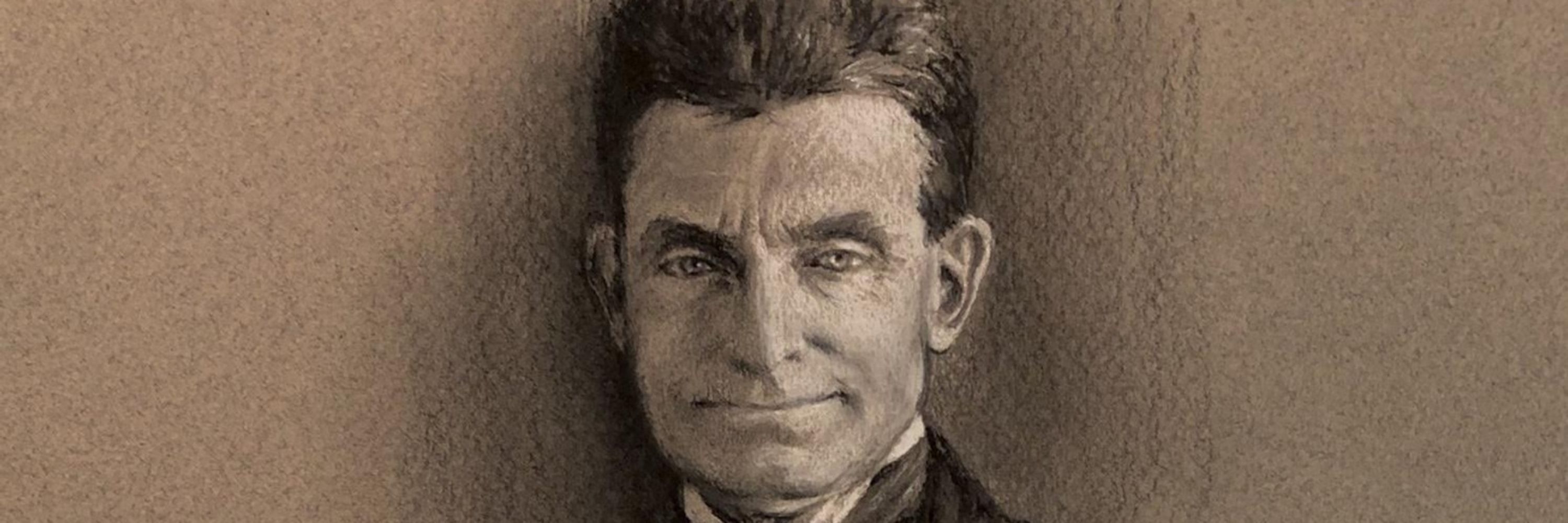Annoyed History Guy, MA
@chuckfinley22.bsky.social
1.3K followers
2.2K following
110 posts
John Brown fan, historian of Reconstruction & Lost Cause education, HS teacher of history & political science. Enemy of nostalgia. Long-suffering Chicago Bears fan. Army vet. Heavy metal enthusiast.
Posts
Media
Videos
Starter Packs
Reposted by Annoyed History Guy, MA
Reposted by Annoyed History Guy, MA
Reposted by Annoyed History Guy, MA




